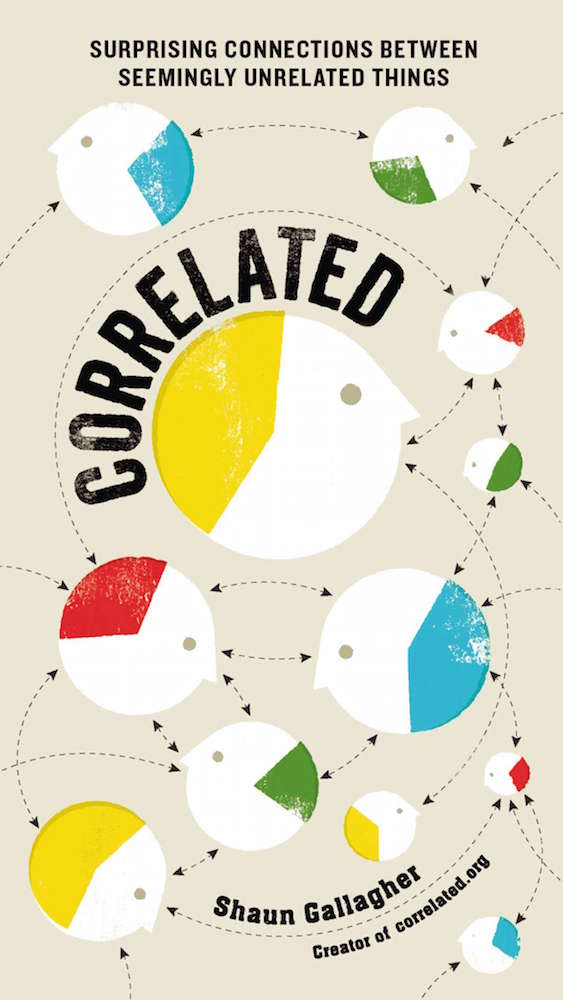Lately I've noticed some subtle changes in my 14-year-old son's patterns of speech and writing.
It's not very consistent, and I doubt he even realizes he's doing it.
At first, I thought his speech was growing mildly robotic, but after thinking about it a bit more, I concluded that "robotic" wasn't really the right descriptor.
Instead, it was growing more like Janet from "The Good Place,"
(who is not a robot).
After thinking it through further, I realized the tone was not quite as cheery as Janet, but it still had the vibe of a helpful, courteous assistant.
And then it dawned on me.
My kid was starting to sound like ChatGPT.
No, he doesn't fall into generative AI mode while goofing around with friends or having casual conversations with his siblings.
But when he engages in more formal, conscious communication, such as explaining to his parents the many reasons why he deserves an increase in his allowance,
the ChatGPT influence starts to shine through.
Initially, I laughed about it, because I assumed that the ChatGPT vibe was just a result of him having read some of the output from the service.
It's not a shocker that he might have incorporated its signature administrative professionalism into his own communication.
But the more I thought about it, the more I realized that there are some interesting and far-reaching implications to kids beginning to pick up on and copy the quirks of LLMs.
Who influences whom?
When we talk about ChatGPT and similar text-generation models, we usually focus on how it learns to produce natural language, practically
indistinguishable from human-authored writings, by being trained on lots and lots of text written by actual humans.
But language is, in some ways, like gravity.
A massive object exerts a strong gravitational pull, and it can seem like that pull is a one-way force.
But in actuality, all objects with mass exert gravity on other objects.
Likewise, established vocabulary and language conventions exerts a strong force on how people choose to communicate,
but little tiny forces are nudging language around all the time, keeping it dynamic rather than static.
It would be no surprise, then, that just as all our human produced writings and utterances might be influencing how AI communicates with us,
AI may begin to influence how we write and talk as well.
Unknown provenance
If the language and tone of ChatGPT starts to influence the language and tone of our children's communication, isn't there only an upside?
I'd rather have a kid who adopts the persona of a helpful, courteous assistant than a kid who's talking like a reality TV star.
But as the language styles of humans and LLMs converge and influence each other, it becomes harder to determine their provenance.
Think of it this way. Right now, the reason high school teachers everywhere are catching cheaters who use ChatGPT to write their essays
for them is because those cheaters don't actually talk or write the way that ChatGPT does.
But as kids start to be influenced by the flavor of ChatGPT's communication style, consciously or subconsciously, it will be harder
to distinguish between their natural voices and their acquired voices.
One-alarm fire, tops
I'll be honest, right now a lot of this exists in my head only at a thought experiment level, rather than a well-founded concern.
It is not something that makes me truly reluctant to expose my kids to ChatGPT or other LLMs.
And while ChatGPT very well may have some influence on kids' communication styles, I don't think many children are quite
so sophisticated as to be able to replicate the voice perfectly.
Yet I've got to admit, observing the ways that my own kid has picked up some of ChatGPT's mannerisms merely by sporadic
exposure to its output has got me thinking about the degree to which our communication will be influenced by these services
as they become more ubiquitous.



